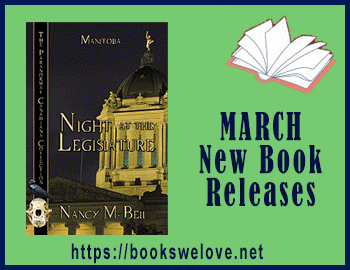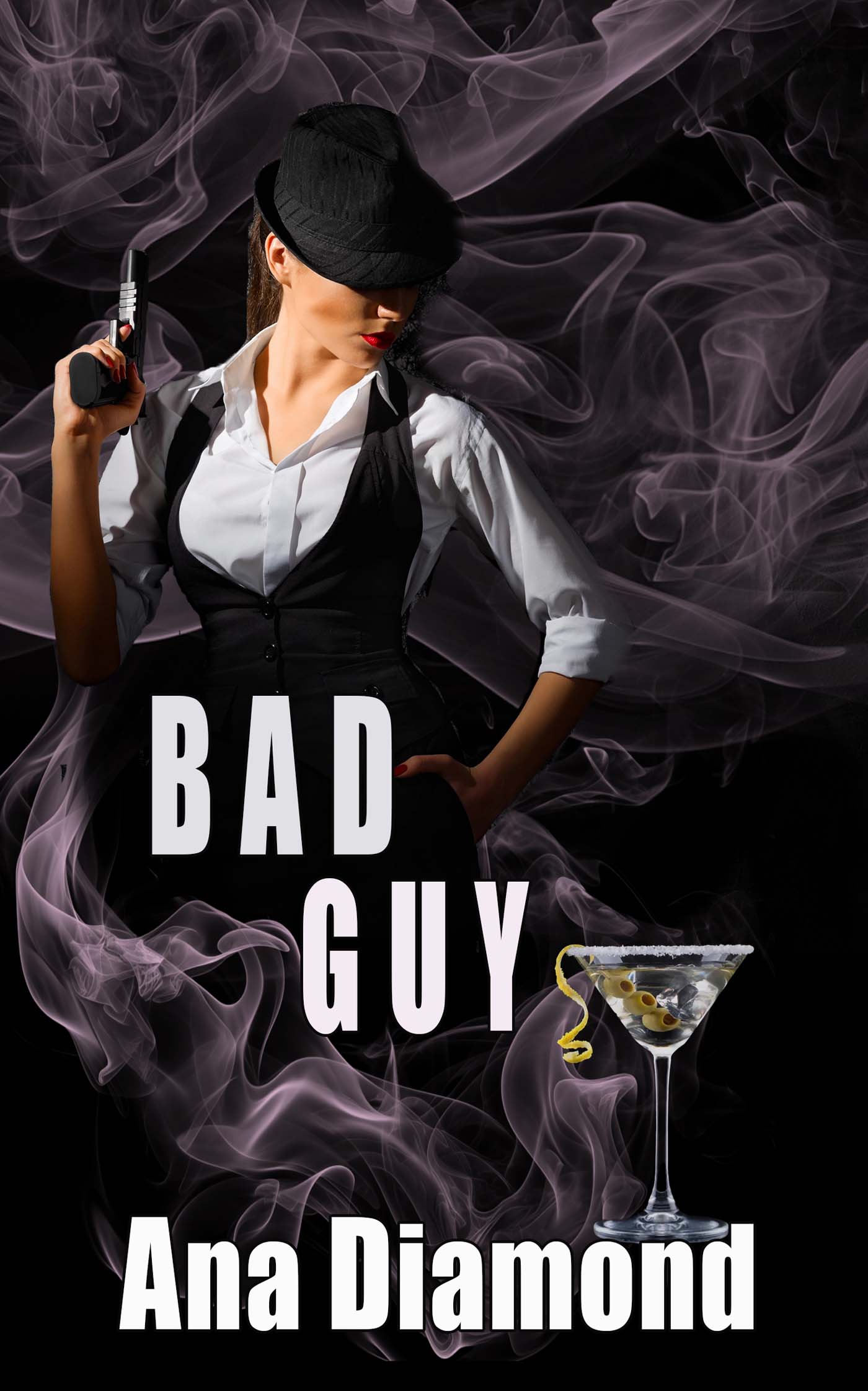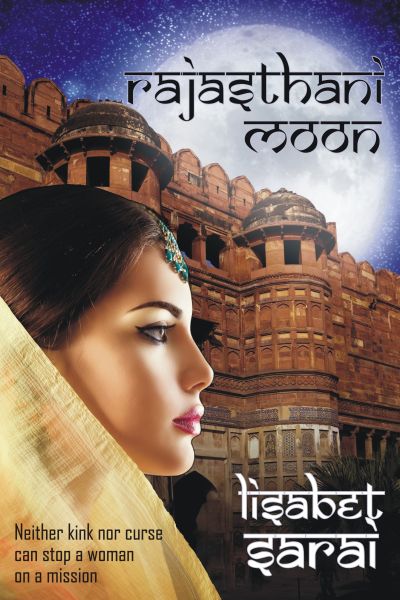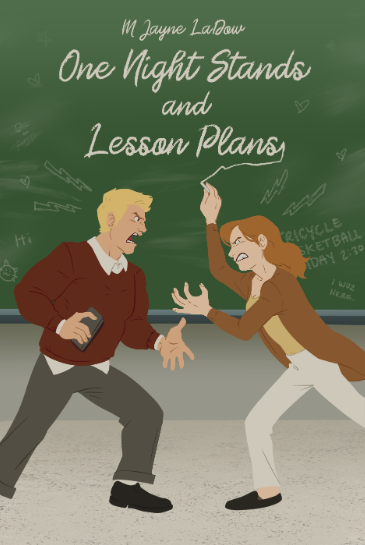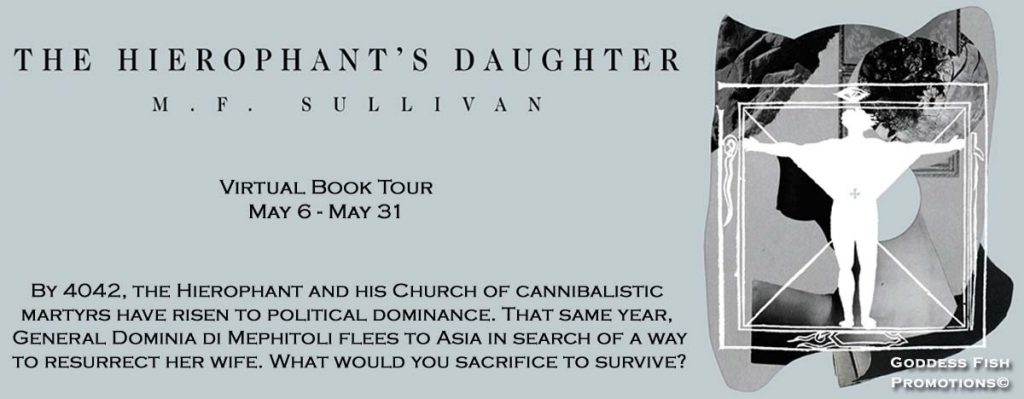
This post is part of a virtual book tour organized by Goddess Fish Promotions. One randomly chosen winner via rafflecopter will win a $50 Amazon/BN.com gift card. Click on the tour banner to see the other stops on the tour.
Ah, negative criticism. Being a writer is difficult when you have an ego, and it’s almost impossible to avoid developing an ego as a writer. What’s a person to do? It seems like a lot of websites have cliched advice about lighting candles in the tub and confiding in friends, and by all means, please do. (Whatever you do, don’t respond!)
But I find that I go through a detailed mental process—a review of the review, if you will—regardless of whether I want to or not. That said, this mental process helps me shake off the odd bit of criticism (which, for what it’s worth, is usually motivated not by poor writing, but by soliciting the wrong audience members for the type of market—I suspect this is a problem with much negative criticism of good books), so perhaps a young writer plagued by thoughts of negative criticism can use my advice well.
First, examine the feeling the review instills in you. Are you angry? Insulted? Upset? Why are you having that reaction? With any strong emotional response, investigation is called for. Not to mention emotional honesty. Ultimately, with every negative critique or review, we have to stop to ask ourselves, “Am I reacting this way because this person has a point, or because they’re wildly off-base?”
A good example of this: my second novel, The Lightning Stenography Device, was a pretty controversial release. As a mix of intense literary fiction with a dash of horror which then morphs into a fantasy fable, a lot of readers expecting swordfights were turned off by literary pontificating, and a lot of people loving the literary stuff got upset at the fabulous turn halfway through. In between those, quite a few people loved it—the book has 21 reviews on Amazon.com at the time of this writing, the vast majority of them very positive—but because I used NetGalley to find reviewers, I got a lot of people who just weren’t the intended audience.
That said, I was still struck by the comments about the slow pacing of the first half of The Lightning Stenography Device, and I was forced to admit I agreed. It was a slow book for the first half; it wasn’t designed to be a fast-paced book, and for a second release while I’m building an audience, that might not have been the best idea. It became all the more important to me to apply these more valid critiques to my next work. As a result, The Disgraced Martyr Trilogy is fast-paced, funny, and sometimes horrific—I was pleased during proofreading galleys of The Hierophant’s Daughter to find I got through it in two days, which had yet to happen with one of my own final novels. So sometimes, when you listen to advice, good things can happen.
Next, isolate and ignore parts of the message which are negative messages about you, or which are baseless (sometimes seemingly intentional) misunderstandings or misrepresentations of your work. A lot of articles about negative reviews fail to take into consideration the utter vitriol with which a reader somehow slighted by a book is capable of responding. Understand that reading can be a very challenging experience on an emotional level, sometimes for reasons readers don’t consciously understand. They may be angry that you’ve inspired certain feelings or made certain points, but they may be unable or unwilling to articulate that anger in a coherent way—instead, they’ll leave you a one-star Amazon review with a tone like you’ve just taken their cat out back and shot it. Once the bitter anger they’ve bounced back onto you with this digital poison pen letter dissipates, you’ll see they’ve made themselves look like clowns by getting angry at a piece of artwork, and they’ve increased the standard of deviation for your book, and left the true source of their displeasure in the subtext of their review.
Remember, too, all classics have a vast standard of deviation; when I was bemoaning The Lightning Stenography Device’s harshest review, I looked up a review of the Philip K. Dick masterpiece, VALIS, which was almost identical and had the same complaints. Hard-working writers are always despised as much as they’re revered. You’ll hit the people you’re meant to hit.
Finally, ignore the rude. I once got a letter from a woman who said, “Maybe people would respect you as a writer if…” This was the only bad letter to which I’ve ever responded, because she did point out a valid grammatical error I’d made, and I wanted to know if she had a few examples so I could correct them—but oh how I grit my teeth while I did! Had to let that little line of hers whizz right by my head while I did it, of course, but that’s what an adult’s self-control is all about—and that’s what negative reviewers, and people who are generally rude, don’t have.
After all this mental processing is done—go to bed! Sleep on it. Take a nap. If I’ve done the emotional processing I need to undergo, by the time I wake up the next day, the emotional impact of any bad review is cut drastically. In fact, the impact of sleep on our emotions is a prominent theme in The Disgraced Martyr Trilogy: I strongly believe we should sleep on our problems and let them sort themselves all out tomorrow! Adopt my strategies, and maybe you’ll come to agree with me.
By 4042 CE, the Hierophant and his Church have risen to political dominance with his cannibalistic army of genetically modified humans: martyrs. In an era when mankind’s intergenerational cold wars against their long-lived predators seem close to running hot, the Holy Family is poised on the verge of complete planetary control. It will take a miracle to save humanity from extinction.
It will also take a miracle to resurrect the wife of 331-year-old General Dominia di Mephitoli, who defects during martyr year 1997 AL in search of Lazarus, the one man rumored to bring life to the dead. With the Hierophant’s Project Black Sun looming over her head, she has little choice but to believe this Lazarus is really all her new friends say he is–assuming he exists at all–and that these companions of hers are really able to help her. From the foulmouthed Japanese prostitute with a few secrets of her own to the outright sapient dog who seems to judge every move, they don’t inspire a lot of confidence, but the General has to take the help she can get.
After all, Dominia is no ordinary martyr. She is THE HIEROPHANT’S DAUGHTER, and her Father won’t let her switch sides without a fight. Not when she still has so much to learn.
The dystopic first entry of an epic cyberpunk trilogy, THE HIEROPHANT’S DAUGHTER is a horror/sci-fi adventure sure to delight and inspire adult readers of all stripes.
Enjoy an Excerpt
The Disgraced Governess of the United Front was blind in her right eye. Was that blood in the left, or was it damaged, too? The crash ringing in her ears kept her from thinking straight. Of course her left eye still worked: it worked well enough to prevent her from careening into the trees through which she plunged. Yet, for the tinted flecks of reality sometimes twinkling between crimson streaks, she could only imagine her total blindness with existential horror. Would the protein heal the damage? How severely was her left eye wounded? What about the one she knew to be blind—was it salvageable? Ichigawa could check, if she ever made it to the shore.
She couldn’t afford to think that way. It was a matter of “when,” not of “if.” She would never succumb. Neither could car accident, nor baying hounds, nor the Hierophant himself keep her from her goal. She had fourteen miles to the ship that would whisk her across the Pacific and deliver her to the relative safety of the Risen Sun. Then the Lazarene ceremony would be less than a week away. Cassandra’s diamond beat against her heart to pump it into double time, and with each double beat, she thought of her wife (smiling, laughing, weeping when she thought herself alone) and ran faster. A lucky thing the Governess wasn’t human! Though, had she remained human, she’d have died three centuries ago in some ghetto if she’d lived past twenty without becoming supper. Might have been the easier fate, or so she lamented each time her mind replayed the crash of the passenger-laden tanque at fifth gear against the side of their small car. How much she might have avoided!
About the Author:  M.F. Sullivan is the author of Delilah, My Woman, The Lightning Stenography Device, and a slew of plays in addition to the Trilogy. She lives in Ashland, Oregon with her boyfriend and her cat, where she attends the local Shakespeare Festival and experiments with the occult.
M.F. Sullivan is the author of Delilah, My Woman, The Lightning Stenography Device, and a slew of plays in addition to the Trilogy. She lives in Ashland, Oregon with her boyfriend and her cat, where she attends the local Shakespeare Festival and experiments with the occult.
Buy the book at Amazon, NetGalley, or Barnes and Noble.
